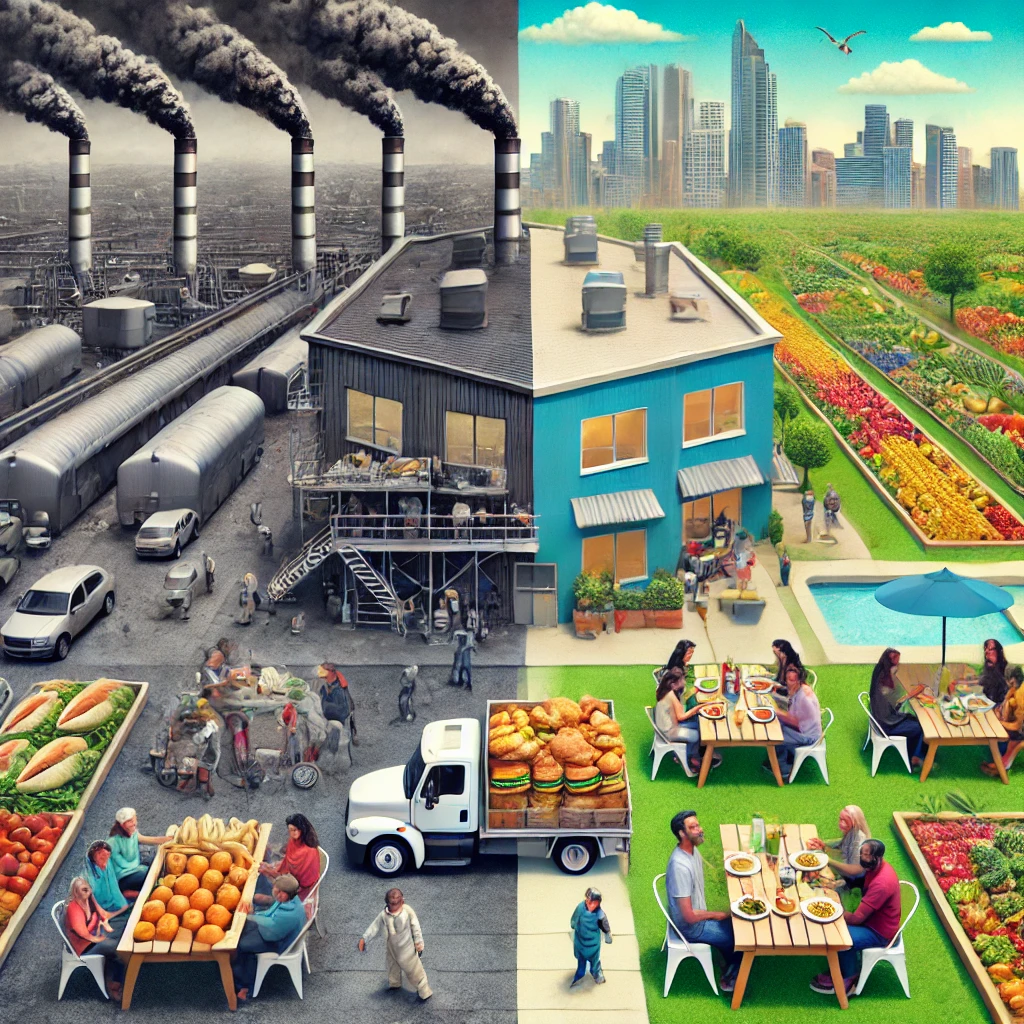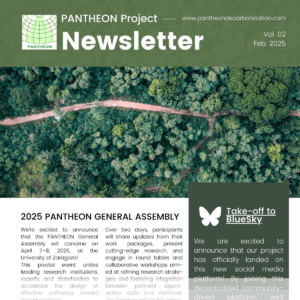A recent study published in Nature Food sheds light on the striking inequalities in the health impacts of food systems across different income groups. Researchers found that low-income populations experience a 70% higher health burden from air pollution associated with food production than from food consumption itself. This finding highlights the disproportionate exposure of marginalized communities to environmental hazards, reinforcing the urgent need for policies aimed at reducing pollution at its source—in food production.
Food Systems and Environmental Inequality
The study, conducted by researchers from the Southern University of Science and Technology (SUSTech) and other global institutions, demonstrates that food-related pollution disproportionately affects vulnerable populations. While wealthier individuals contribute more to food-related emissions due to their consumption patterns, the adverse health effects—particularly those linked to air pollution—are primarily borne by lower-income groups.
Key Takeaways from the Study
- Air pollution from food production disproportionately harms the poor, who often live closer to polluting industries.
- Higher-income groups contribute more to food-related emissions, but they experience fewer direct health consequences.
- Reforming food production practices could significantly reduce pollution-related health disparities.
The research underscores the need for systemic change in food policies, production regulations, and environmental justice initiatives to ensure fairer health outcomes for all communities.
Learn More
- Read the original study in Nature Food: Link to the study
- Coverage from SUSTech News: SUSTech article




